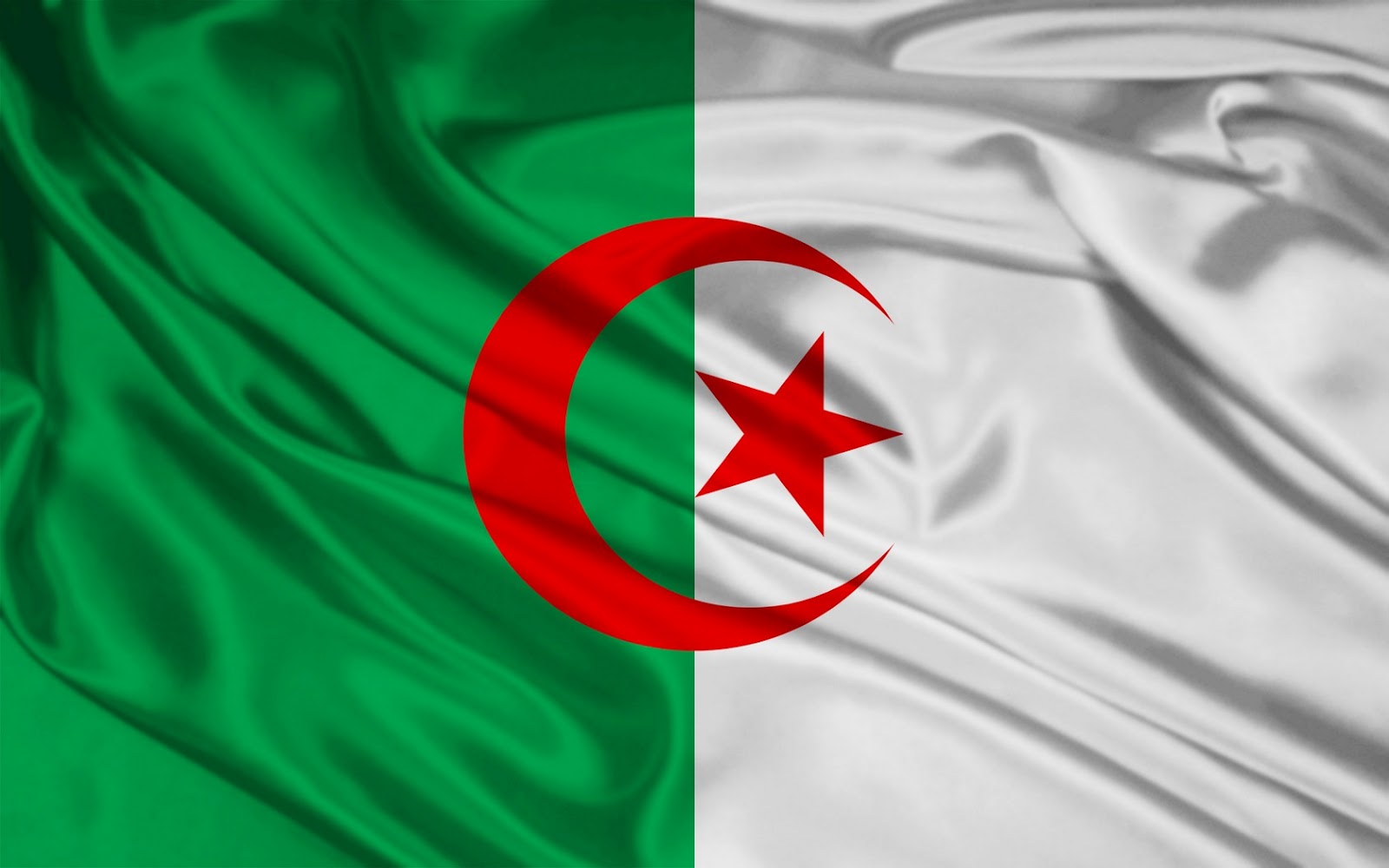Country Profile: Algeria

Algeria is usually known for its footballing prowess in Africa. It caused one of the greatest World Cup upsets on the first day of the 1982 World Cup when they beat the reigning European champions then, West Germany, two goals to nil.
However, their recent fame is the memory of the civil war that lasted from 1991 until 1998 between the Algerian Government and the Islamic Salvation Front, a secular Islamic political group that tried to gain majority in the Algerian legislature.
But there is more to this relatively rich country, and BizzAfrica brings you information on how it could play a crucial role in the growth of your business.
Geography
Algeria is a country in the Maghreb region of Africa with Algiers as the capital and most populous city. Its population in 2022 was 44,903,225, a 1.64% increase from 2021.
Algeria covers an area of 2,381,741 square kilometres (919,595 sq mi), making it the world's tenth largest nation by area, and the largest nation in Africa, being more than 200 times as large as the smallest country in the continent, The Gambia.
Algeria is the ninth-most populous country in Africa, and the 32nd-most populous country in the world.
The country is bordered in the northeast by Tunisia, on the east by Libya, on the west by Morocco, on the southeast by Western Sahara, and on the north by the Mediterranean Sea.
Economy
The backbone of the economy is the abundance of oil. It accounts for roughly 60 percent of their budget revenues, 30 percent of their GDP and over 95 percent of export earnings. Algeria has the tenth largest reserves of natural gas in the world and is the sixth largest gas exporter.
Its top exports are Crude Oil, Natural Gas and Petroleum products.
GDP per capita was estimated to be around $7,500 as at 2013 and GDP growth rate was pegged at 3.1% in the same year.
Algeria has relatively fertile soil. Only 14% of their labour force is employed in the agricultural sector cultivating crops such as cotton, dwarf palm, olive, tobacco, wheat barley and oats.
The country also is rich in minerals such as iron, lead, zinc, copper, calamine and mercury.

Algeria, whose economy is reliant on petroleum, has been an OPEC member since 1969. Its crude oil production stands at around 1.1 million barrels/day, but it is also a major gas producer and exporter, with important links to Europe.
Hydrocarbons have long been the backbone of the economy, accounting for roughly 60% of budget revenues, 30% of GDP, and 87.7% of export earnings.
Algeria has the 10th-largest reserves of natural gas in the world and is the sixth-largest gas exporter. The U.S. Energy Information Administration reported that in 2005, Algeria had 4.5 trillion cubic metres (160×1012 cu ft) of proven natural-gas reserves.It also ranks 16th in oil reserves.
Education
Education is officially compulsory for children between the ages of 6 and 15 and it is therefore not surprising that their literacy rate stands at 95% for both males and females.
There are 46 universities, 10 colleges and 7 institutes for higher learning in the country.
Interestingly, 60% of university students are women, according to university researchers.
Trivia
• Algeria is an Arab country and has the second largest army in Africa and in the Arab world after Egypt. It was colonized by France in 1830, and had its independence in 1962.
• The Sahara, the Hoggar Mountains and the Atlas Mountains compose the Algerian relief; the Algerian Desert makes up more than 90% of the country's total area.
• Ahmed Ben Bella was Algeria’s first president.
• The country’s name is derived from the city of Algiers.
• The Berbers are the indigenous ethnic group of Algeria and therefore the Berber language is the national language.
• The official language of Algeria is Arabic as specified in its constitution since 1963.
• Europeans account for 1% of their population. They include the French, Spaniards, Italians, Maltese and the Greeks. They mostly reside in the largest metropolitan areas.
• Women make up 70% of the country’s lawyers and 60% of its judges, and also dominate the field of medicine. As a result, they are increasingly contributing more to household income than men.
• Algeria has qualified for three World Cups: 1982, 1986 and 2010; they have also won the African Cup once, when they hosted the tournament in 1990.
Credit: Wikipedia
